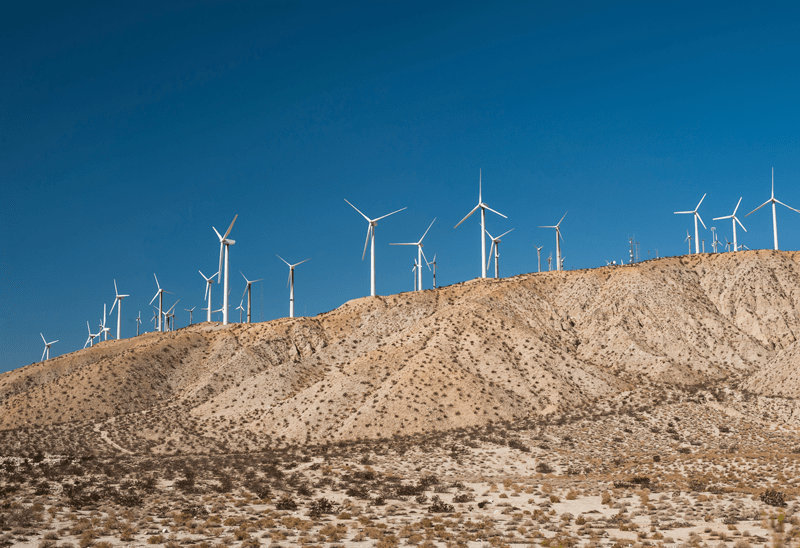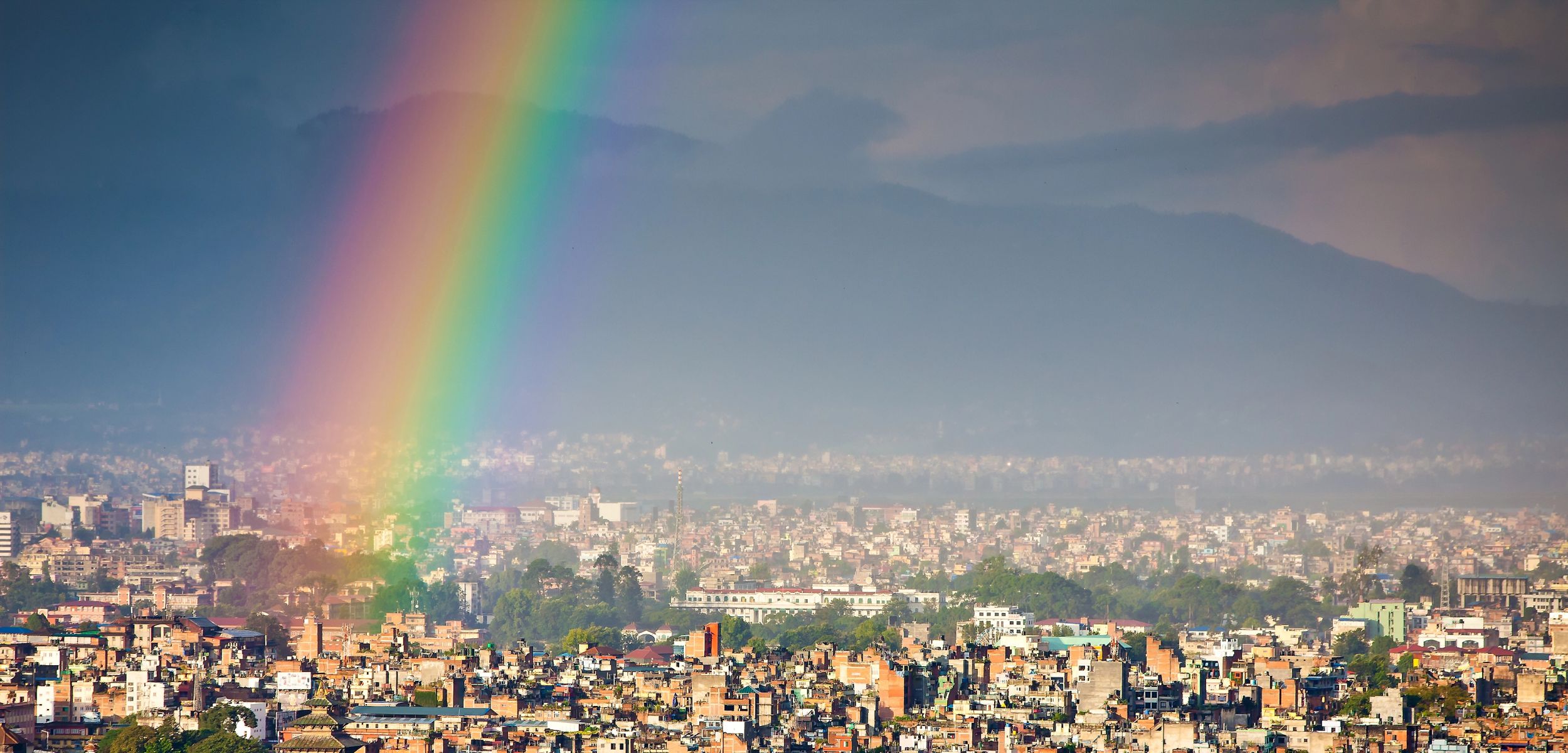At the twenty-first Board meeting (B.21) of the Green Climate Fund (GCF) in Manama, Bahrain, the Board approved an USD 100 million investment spread across the Climate Investor One (CIO) Development Fund & Construction Equity Fund vehicles. The GCF investment targets 11 focus countries, Burundi, Cameroon, Djibouti, Indonesia, Kenya, Madagascar, Malawi, Mongolia, Morocco, Nigeria, and Uganda. The GCF participation provides scalability to the CIO facility, catalysing further private sector capital within the facility to enable the financing of renewable energy projects within these jurisdictions.
CIO, a 2015 Global Lab instrument, is a blended finance facility initiated by Dutch Development Bank, FMO and managed in partnership between FMO and the Sanlam Group of South Africa. Its innovative financing approach is designed to provide funding to each stage of a renewable energy projects lifespan: development, construction, and operations. With the support of GCF, CIO will be able to mobilise further commercial funds and build approximately 30 renewable energy projects over its lifetime, delivering an estimated 1,600+MW of additional capacity in the 11 target countries.
This GCF investment also seeks to contribute to the national climate targets of the 11 focus countries, including their Nationally Determined Contributions (NDC’s) to climate change, outlined during the United Nations Climate Change Conference (COP21), 2015.
On this milestone, Mr. Andrew Johnstone CEO of Climate Fund Managers, the program manager to Climate Investor One and Executing Entity (EE) of the approved GCF contribution said: “We are delighted to receive Board approval for this investment in Climate Investor One. The Green Climate Fund participation will facilitate scalability to CIO culminating in an enhanced contribution to mitigating climate change. This facilitates the attainment of national climate targets and crucially provides additional MW’s of energy capacity in countries in need of further electrification.”
CIO also enjoys support from the EU through its External Investment Plan as part of its wider commitment to sustainable development and climate change mitigation, as well as cornerstone support from the Ministry of Foreign Affairs of the Netherlands and Nordic Development Fund (NDF) and US AID (Power Africa). This catalytic capital is augmented four-fold by commercial capital from ten commercial institutions from Africa, Europe, and the UK.
Read the original press release here.

